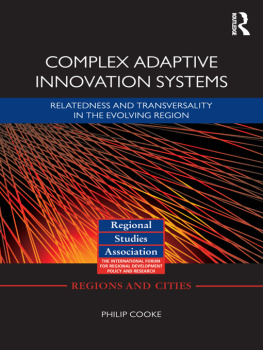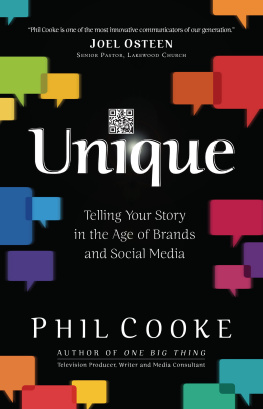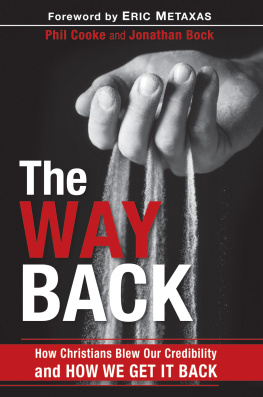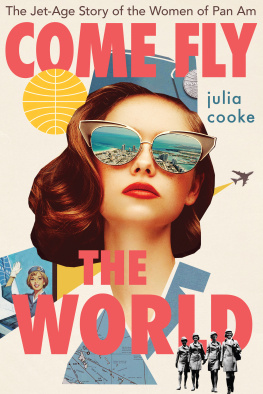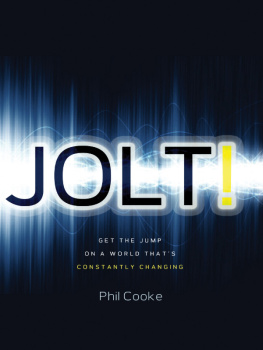ROUTLEDGE LIBRARY EDITIONS: SOCIAL THEORY
Volume 5
BACK TO THE FUTURE
BACK TO THE FUTURE
PHILIP COOKE
First published in 1990
This edition first published in 2015
by Routledge
2 Park Square, Milton Park, Abingdon, Oxon, OX14 4RN
and by Routledge
711 Third Avenue, New York, NY 10017
Routledge is an imprint of the Taylor & Francis Group, an informa business
1990 Philip Cooke
All rights reserved. No part of this book may be reprinted or reproduced or utilised in any form or by any electronic, mechanical, or other means, now known or hereafter invented, including photocopying and recording, or in any information storage or retrieval system, without permission in writing from the publishers.
Trademark notice: Product or corporate names may be trademarks or registered trademarks, and are used only for identification and explanation without intent to infringe.
British Library Cataloguing in Publication Data
A catalogue record for this book is available from the British Library
ISBN: 978-0-415-72731-0 (Set)
eISBN: 978-1-315-76997-4 (Set)
ISBN: 978-1-138-78202-0 (Volume 5)
eISBN: 978-1-315-76384-2 (Volume 5)
Publishers Note
The publisher has gone to great lengths to ensure the quality of this reprint but points out that some imperfections in the original copies may be apparent.
Disclaimer
The publisher has made every effort to trace copyright holders and would welcome correspondence from those they have been unable to trace.
Back to the future
PHILIP COOKE
Philip Cooke 1990
This book is copyright under the Berne Convention. No
reproduction without permission. All rights reserved.
Published by the Academic Division of
Unwin Hyman Ltd
15/17 Broadwick Street, London W1V 1FP, UK
Unwin Hyman Inc.,
8 Winchester Place, Winchester, Mass. 01890, USA
Allen & Unwin (Australia) Ltd,
8 Napier Street, North Sydney, NSW 2060, Australia
Allen & Unwin (New Zealand) Ltd in association with the
Port Nicholson Press Ltd,
Compusales Building, 75 Ghuznee Street, Wellington 1, New Zealand
First published in 1990
British Library Cataloguing in Publication Data
Cooke, P. N. (Philip Nicholas), 1946
Back to the future: Modernity, postmodernity and locality.
1. Western culture. Modernism & postmodernism
I. Title
ISBN 0044455860
Library of Congress Cataloging in Publication Data
Data applied for
Data converted to 10/13 Palatino by Columns of Reading
and printed in Great Britain
by Billing & Son Ltd, London & Worcester
Contents
This book arose from the Economic and Social Research Councils Research Programme into The Changing Urban and Regional System in the United Kingdom. This was a study carried out from 1984 to 1987 of the ways in which economic restructuring had impacted upon localities in the UK and how those localities had responded to or anticipated such change, to their advantage or disadvantage. The question of local initiative and innovation was uppermost in the minds of those researchers taking part in the study. In writing this book I am grateful for the remarkable contribution made by the seven study teams whom I co-ordinated. They were based in the Gloucester College of Advanced Technology, the Centre of Environmental Studies, London, the University of Kent at Canterbury, the University of Bristol, the University of Aston in Birmingham, the University of Lancaster, and the University of Durham.
For helping me formulate the ideas which have informed this book I am particularly grateful to the Academic Board of the University of Utrecht who, by inviting me to take the Belle van Zuyl chair in Geography as a Visiting Professor, enabled me to find the time to write the book. Frans Dieleman and Jan van Weesep deserve special thanks. For discussing questions of modernity and locality with me, I would like to thank John Urry, Derek Gregory, Susan Christopherson, Ed Soja, Michael Storper, Mike Featherstone, Niels Albertsen, Scott Lash, Giaocchino Garofoli, George Marcus, Allen Scott, Nigel Thrift, Alain Lipietz, Rob Shields, Erik Swyngedouw, Anne Knudsen, Irena Onufrijchuk, Peter Dickens, Ben Janssen and Vincente Granados. For the pleasure of their company while writing this book, I would like to thank Peter Hooimeyer and Ton van Rietbergen.
PHILIP COOKE
Utrecht
December 1988
for Nia, Lowri, Lleucu
and Catrin
Postmodernist is the name that has come to be applied to those who challenge the intellectual and aesthetic inheritance of modernity. The label is surrounded by controversy. Those who accept it can appear subversive, hedonistic and playful. Critics see postmodernists as superficial, populist and enslaved by mass-media imagery. They accuse them of being neoconservative in culture and politics. They say they are not serious about any moral basis to what they seek to express. The question of whether modernity is being replaced by an opposite culture of postmodernity is the subject of this book.
Living in interesting times can be exhilarating but also disconcerting. As the twentieth-century fin de sicle approaches we seem to be confronted by change wherever we look. Debates about future directions have been raging throughout the 1980s. Some of these debates have filled the columns of the press and the air time of radio and television on an almost daily basis. Is the market the best mechanism for determining the allocation of all goods and services? Should the welfare state be dismantled? Are rising crime figures the result of unemployment, the breakdown of the family, or the inadequacy of the courts, the police, the prisons, society itself? Is there such a thing as society, or are there just families and individuals? If individuals are free to choose and benefit from the products and services of the market, do they also have responsibilities towards other individuals less able to choose? Does private affluence necessarily mean public squalor? What is to be done about the condition of our cities, roads, railways? Why did we build high-rise flats? Was modern architecture a mistake?
These debates have often engaged surprising protagonists. In Britain members of the government have found themselves locked in controversy with leading members of the church, the monarchy and the media. A report produced by the Archbishop of Canterburys special commission on the plight of cities was dismissed by a government minister as Marxist propaganda. A member of the royal family was attacked by another minister for not having a proper job. The same member of the monarchy has launched a campaign against modern architecture. Other members of the royal family are known to be critical of government policies towards the unemployed.
This book attempts to explain the problems that underlie such debates. It argues that modernity itself is in some ways a cause of the contradictions that plague it. A key contradiction is between the new value of individualism and those older values that bonded people in communities. For the past 150 years the tension between these values was successfully held in check. Developments within the modern nation-state allowed free reign to the individual while protecting from exploitation those lacking in money, schooling and expertise. In the 1980s the contradictions have become overwhelming. The hawsers that once held the two positions together have snapped.





